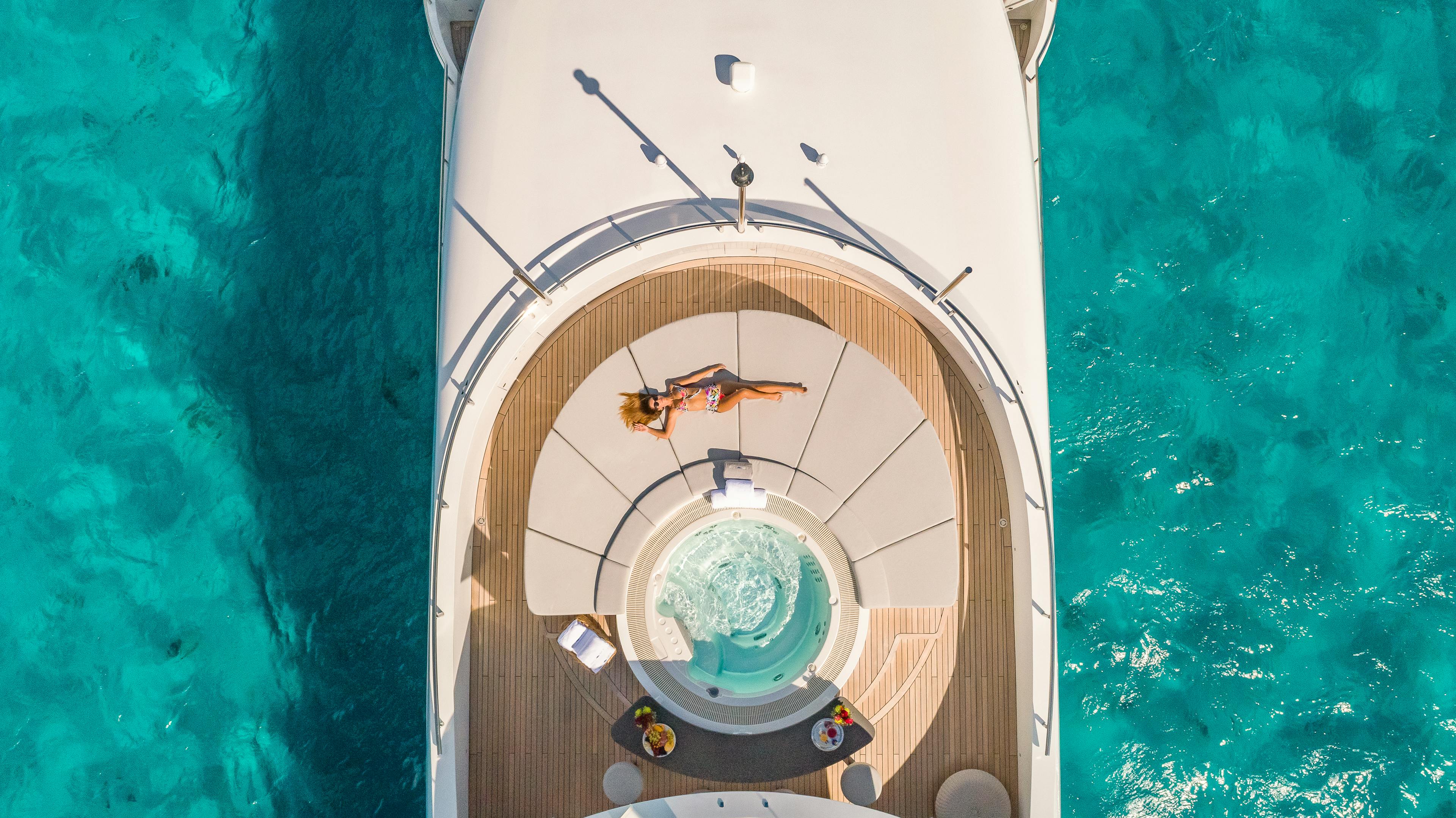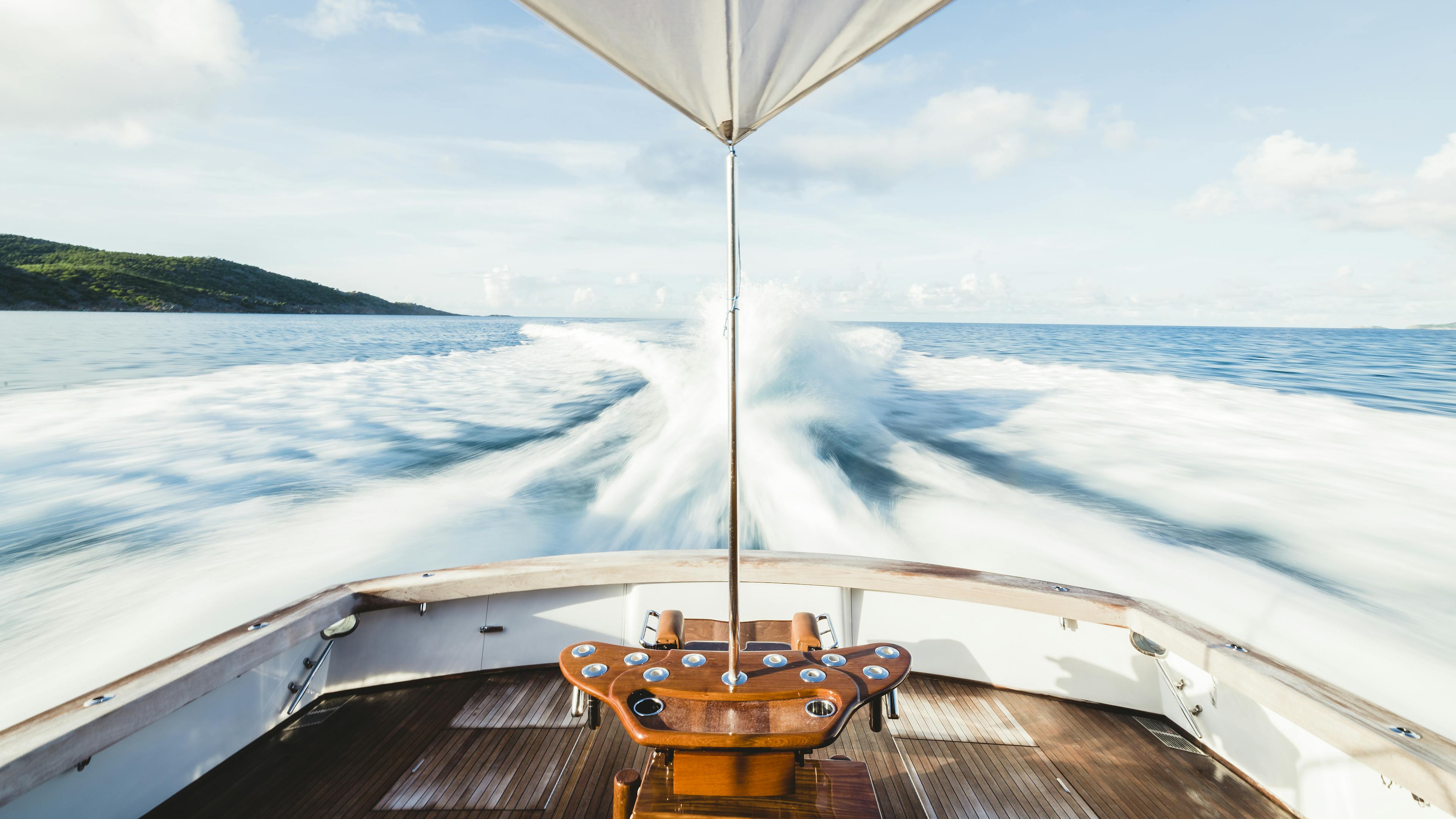
Sea Level Rise and Climate Change Basics
Have you heard people say that Earth is getting hotter? This is true, and it's called climate change. Climate change is causing a lot of problems, including sea level rise. That's when the level of the ocean gets higher. When the sea gets too high, it can flood cities, beaches, and homes. But once we learn more about what's happening to our planet, we can find ways to help protect it.
Weather vs. Climate
When people say that the climate is getting hotter, it sounds like they're talking about the weather. But "weather" and "climate" aren't exactly the same thing. The weather is what's happening outside today. It could be rainy, snowy, hot, or windy. The weather changes from day to day. But the climate is what the weather is usually like in a place over many years. For example, Alaska has a cold climate, while Florida has a warm and sunny climate.
What's Climate Change?
Climate change means that the usual weather patterns on Earth are changing. In the past 100 years, Earth has been getting warmer. That's why we also call it global warming. Because of climate change:
- Some places are getting hotter.
- Some areas get more rain or snow than they used to, while others get less.
- Storms are becoming more powerful and dangerous.
- Summers are lasting longer.
How Can We Tell That the Climate Is Changing?
Scientists study Earth's climate using tools like satellites and weather stations. They can also learn about how the climate is changing by taking samples of the layers of ice in glaciers, then studying the different materials found in these layers.
Scientists' research has found that:
- The average temperature of Earth is rising.
- Ice at the North and South poles is melting.
- Glaciers are shrinking.
- Sea levels are rising.
- Animals are moving to cooler places to survive.
- Some plants are blooming earlier than they used to.
These are all signs that Earth's climate is changing.
Why Is the Climate Changing?
Climate change is mostly caused by people. The way we travel, make electricity, and grow food puts greenhouse gases into the air. These gases trap heat, which warms up the planet. This is called the greenhouse effect.
What Are Greenhouse Gases, and Where Do They Come From?
Greenhouse gases are gases that trap heat in Earth's atmosphere. The most common ones are carbon dioxide, methane, and nitrous oxide. Greenhouse gases are made when people burn coal, oil, or gas to run power plants, factories, and vehicles like cars, buses, and airplanes. They can also be given off by animals or by trash breaking down in landfills. And when people cut down a lot of trees, that also adds to the amount of greenhouse gases: Trees actually absorb these gases from the air.
Has the Climate Changed Like This Before?
Earth's climate has changed in the past, but not like this. A long time ago, there were ice ages, when the planet was much colder. There were also warmer times. But in the past, these changes happened slowly, over thousands of years. Today, climate change is happening much faster, mostly because of things people are doing.
Why Should We Care About Climate Change?
Climate change can cause many problems for people, animals, and nature. For example:
- More heatwaves can make people and animals sick.
- Wildfires can burn forests and homes.
- Flooding from more severe storms and hurricanes can destroy towns and cities.
- Droughts, times when it's really dry, can kill crops and cause water shortages.
- Animals can lose their food sources and their homes.
How Does Climate Change Affect the Oceans?
The oceans cover most of our planet, and they are very important. They give us food, help to make the weather less severe, and support sea life. But climate change is hurting the oceans in a lot of ways:
- Melting ice from glaciers and ice sheets adds more water to the ocean.
- Warmer water takes up more space, which also raises sea levels.
- Rising sea levels can flood beaches, islands, and cities near the coast.
- Warmer oceans cause coral reefs and sea creatures to die.
- Stronger storms and hurricanes can cause more damage to coastal areas.
What Can People Do About Climate Change?
Even kids can help make a difference in the fight against climate change! Here are some things you can do:
- Turn off lights when you're not using them.
- Ride your bike, walk, or take the bus when you want to go somewhere instead of having someone drive you in a car.
- Plant trees and protect nature.
- Use less plastic and recycle more.
- Eat less meat and waste less food.
- Talk to others about protecting the Earth so they can help, too.
Grown-ups can also make big changes by using clean energy, building better transportation, and passing laws that protect the environment. Everyone can do their part!
Further Reading
- What Is Climate?
- Ask a Scientist About Climate Change
- What Is Climate Change?
- Rising Water: The Threat of Sea Level Rise
- Climate Change and What it Can Do
- What Causes Sea Level Rise?
- The Basics of Climate Change
- Boats for Sale Online
- A Kid's Guide to Climate Change
- What Is Climate Change, and What Can We Do to Stop It?
- Climate Change Facts and Actions for Kids


